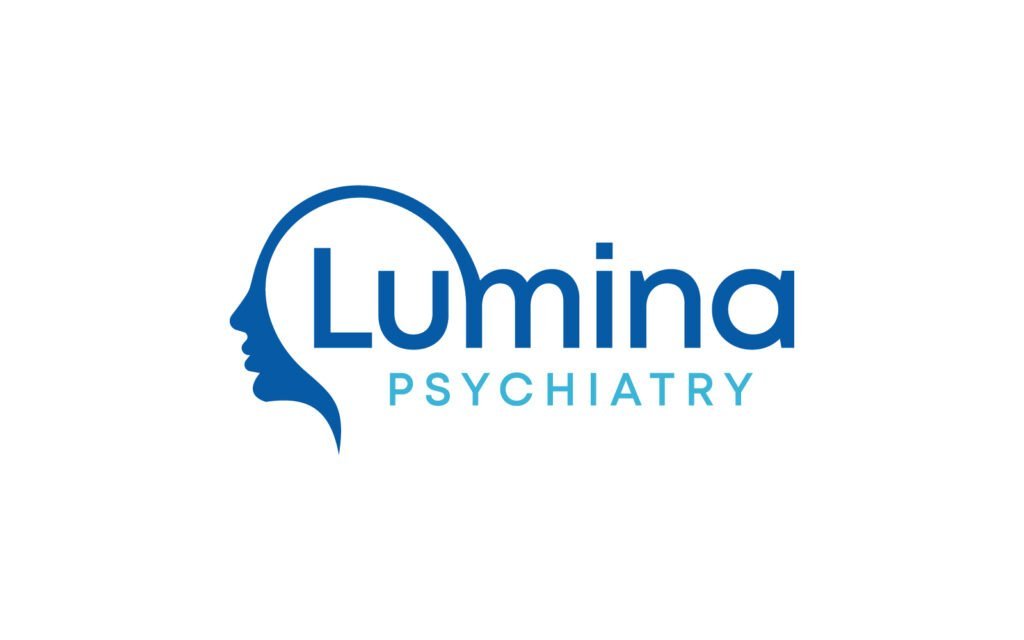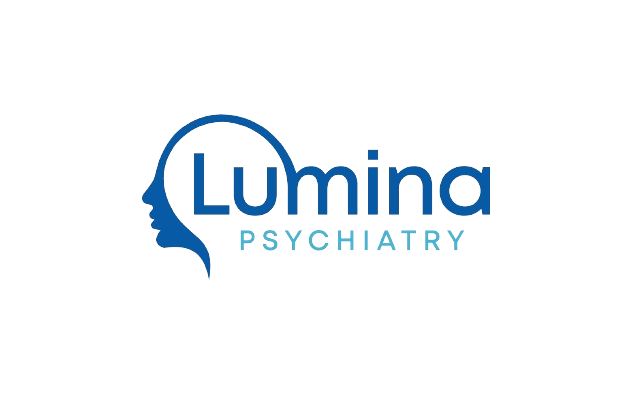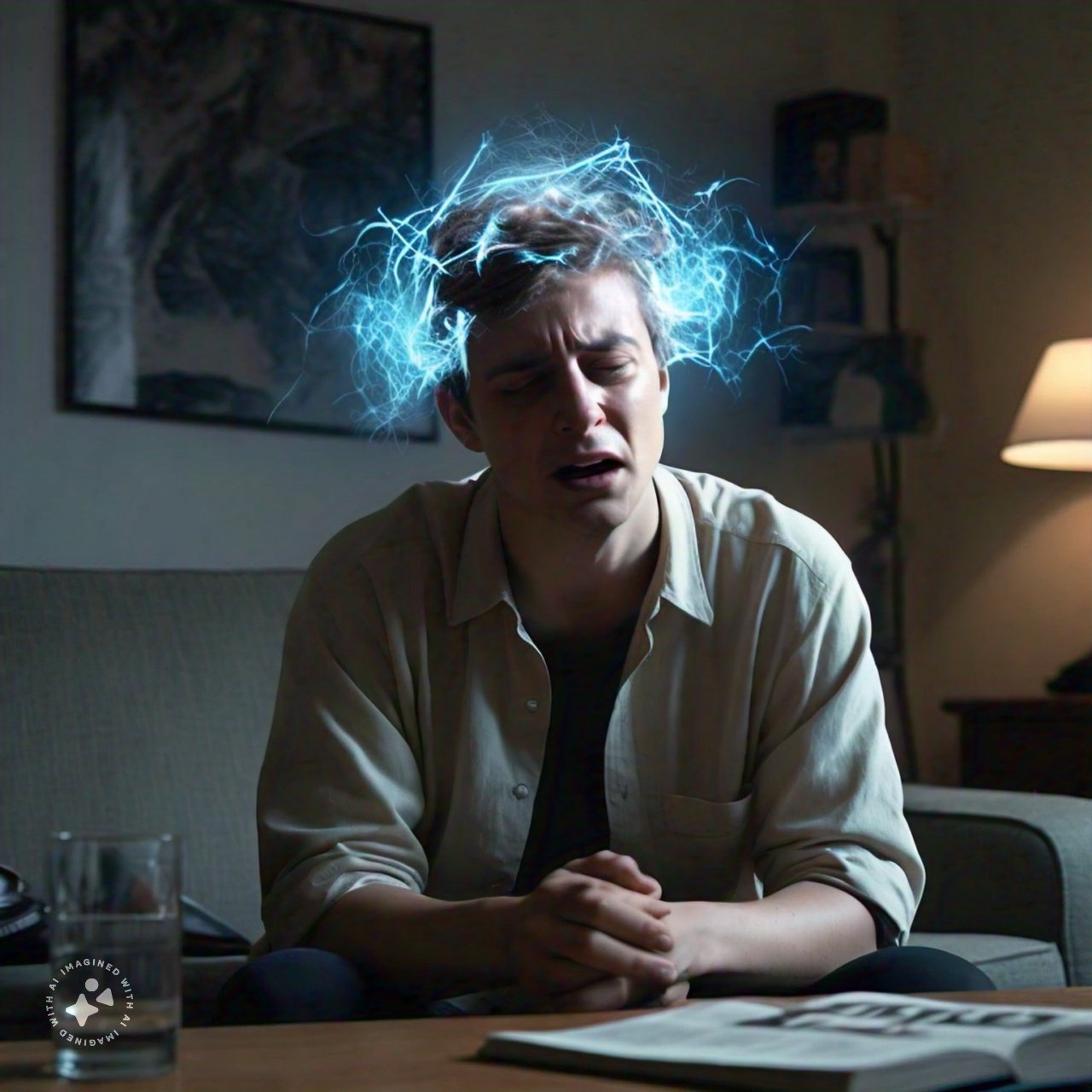Alcohol detoxification poses significant challenges for individuals with alcohol use disorder. The process often involves severe withdrawal symptoms, including anxiety, seizures, and delirium tremens, which can be life-threatening if left unmanaged. Medical intervention plays a crucial role in alleviating these symptoms and ensuring a safer detox experience. Benzodiazepines, a widely used class of drugs in alcohol detox, help reduce withdrawal symptoms and prevent complications. Their effectiveness in managing anxiety, insomnia, and seizures makes them a key component in many detox programs. Understanding their benefits and risks can help patients and healthcare providers make informed decisions during the detox process.
Understanding Alcohol Detoxification

The Process of Detox
Alcohol detoxification removes alcohol from the body and begins the journey to recovery for individuals with alcohol use disorder. This process becomes necessary because chronic alcohol use creates physical dependence, leading to withdrawal symptoms when alcohol use stops. Detoxification usually starts with a period of acute withdrawal, which can last from a few days to a week. During this phase, individuals experience symptoms as their bodies adjust to the absence of alcohol. Medical supervision during detox helps manage these symptoms and ensures a safer, more comfortable process.
Symptoms of Alcohol Withdrawal
Common withdrawal symptoms during alcohol detox include:
- Anxiety
- Tremors
- Sweating
- Nausea
- Insomnia
- Severe cases may involve:
- Seizures
- Hallucinations
- Delirium tremens
- These severe symptoms can be life-threatening without proper medical care.
- Recognizing and managing withdrawal symptoms early on can:
- Prevent complications
- Support a smoother transition to recovery
- Unmanaged withdrawal poses significant dangers, underscoring the need for professional supervision during detox.
Benzodiazepines: An Overview

Benzodiazepines, a class of drugs, commonly treat anxiety, insomnia, and seizures in medical practice. These drugs help manage alcohol withdrawal symptoms during detox. Common benzodiazepines used in alcohol detox include diazepam (Valium), lorazepam (Ativan), and chlordiazepoxide (Librium).
Mechanism of Action
Benzodiazepines work by enhancing the effect of gamma-aminobutyric acid (GABA), a neurotransmitter in the brain. GABA inhibits nerve transmission, which helps calm the nervous system. By increasing GABA activity, benzodiazepines reduce anxiety, prevent seizures, and alleviate other withdrawal symptoms.
Advantages of Using Benzodiazepines
Easing Withdrawal Symptoms
Benzodiazepines help reduce the severity of withdrawal symptoms during alcohol detox. They alleviate anxiety, prevent seizures, and address insomnia, making the detox process more bearable. By calming the nervous system, benzodiazepines provide relief from the intense physical and psychological discomfort that accompanies alcohol withdrawal.
Preventing Complications
Benzodiazepines can prevent severe complications such as delirium tremens (DTs). DTs, a severe form of alcohol withdrawal, can cause hallucinations, confusion, and high blood pressure, posing significant health risks. By stabilizing the nervous system, benzodiazepines reduce the likelihood of DTs and other life-threatening conditions, ensuring a safer detox experience.
Enhancing Comfort and Safety
Patient comfort remains a critical aspect of the detox process. Benzodiazepines contribute to a safer and more manageable detox by minimizing withdrawal symptoms and preventing complications. This not only enhances patient comfort but also increases the chances of successful detox and long-term recovery. Ensuring a smoother detox experience encourages individuals to continue with their treatment plans and stay committed to their recovery journey.
Risks and Concerns with Benzodiazepines
Dependency and Addiction
Benzodiazepines carry a risk of dependency, which can develop when used over an extended period. Addiction may also occur, making careful monitoring essential. Healthcare providers must evaluate each patient’s history and adjust dosages to minimize these risks.
Side Effects
Common side effects of benzodiazepines include:
- Drowsiness
- Dizziness
- Cognitive impairment
- These side effects can impact the detox process by causing additional discomfort and hindering recovery.
- Patients might struggle with alertness and coordination, which can complicate their overall treatment plan.
Lumina Psychiatry’s Approach to Alcohol Detox

Lumina Psychiatry adopts a comprehensive approach to alcohol detox. Our treatment protocols integrate benzodiazepines to effectively manage withdrawal symptoms. This integration ensures patients experience a safer and more comfortable detox process.
The medical team at Lumina Psychiatry brings extensive expertise and experience in handling detox cases. We provide continuous monitoring and support to patients throughout the detox process. This constant supervision allows the team to promptly address any complications, ensuring a smoother path to recovery.
Conclusion
Benzodiazepines play a crucial role in managing withdrawal symptoms during alcohol detox. They offer significant benefits, such as reducing anxiety, preventing seizures, and ensuring a safer detox process. However, they also pose risks, including dependency, addiction, and potential side effects. Medical supervision and personalized care remain essential to mitigate these risks and enhance patient comfort and safety. Readers should seek professional help from trusted providers like Lumina Psychiatry for safe and effective alcohol detox. Lumina Psychiatry’s expertise and comprehensive approach ensure a supportive and effective detox experience.




